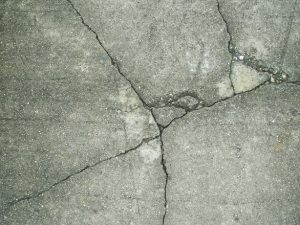Assumption of Risk Not Complete Defense in Florida Premises Liability Cases
 Property owners in Florida are expected to maintain their site in a condition that is safe for patrons, guests, and residents. However, in premises liability cases where an injured person knew or should have known the potential for danger, property owners often raise something called the “assumption of risk defense.”
Property owners in Florida are expected to maintain their site in a condition that is safe for patrons, guests, and residents. However, in premises liability cases where an injured person knew or should have known the potential for danger, property owners often raise something called the “assumption of risk defense.”
Assumption of risk is a legal doctrine that holds that a person cannot recover compensation for injuries they suffered by voluntarily exposing themselves to a known hazard. In other words, the property owner argues that the person who was injured knew about the risk but took the chance of being injured anyway.
In some states, if a property owner can prove the assumption of risk, the plaintiff will not be allowed to recover any damages for their injuries. In Florida though, it works a little differently because of something called, comparative fault; as outlined in F.S. 768.81. Comparative fault allows individuals to pursue claims for damages – even if they are partially to blame. However, the amount they can collect will be reduced by their percentage of fault. So if a plaintiff wins $100,000 in damages, but the court finds the plaintiff was 30 percent at-fault, the most plaintiff will be awarded is $70,000.





 Florida Personal Injury Lawyer Blog
Florida Personal Injury Lawyer Blog










